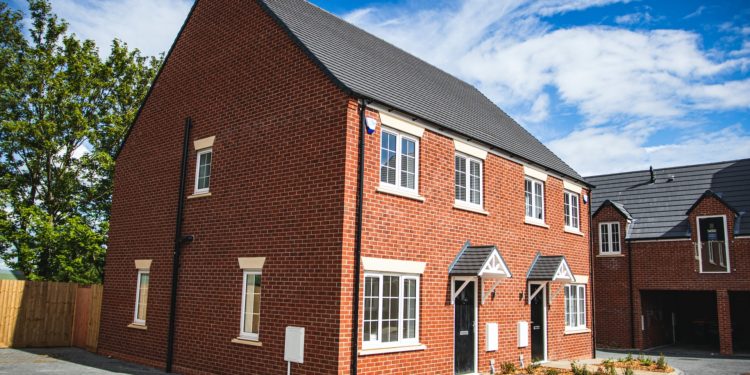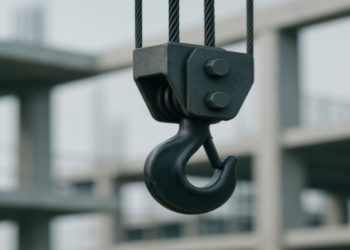To instantly answer the title – yes. The UK is grappling with multiple housing issues ranging from a shortage of houses to the ones they are constructing having endless problems.
The Guardian is a big promoter of housing issues in the UK – two articles at the back-end of 2023 highlighted how construction companies are rushing to construct houses, and the ones they’re building are so badly built. Is it because they’re building them too quickly?
Yes. Along with other reasons, like using low-quality materials.
Below, we’ll go into it in more detail and find out what it means for Britains eagerly awaiting homeowners.
Unfinished Houses
One glaring issue with new buildings is their state of incompletion upon handover. It’s not uncommon for buyers to move into homes that still require significant work. That ranges from unfinished fittings to essential services not being fully operational. The rush to meet housing demands often leads to these half-baked results, leaving homeowners with the task of managing ongoing construction issues.
Poor Construction
The speed at which houses are constructed is undoubtedly a factor in the declining quality. When timelines are compressed, there’s little room for the careful attention to detail that quality construction requires. The result is often a myriad of construction defects – from structural issues to poor finishes. These defects compromise the integrity and safety of the building and lead to additional financial burdens on the homeowners for repairs and renovations.
Low-Quality Materials
Builders often use low-quality materials as a cost-cutting measure. They’ll select cheaper, substandard materials might seem like a saving in the short term – Britain’s homeowners can thank them later.
It’s ironic that while high-quality tools and materials, such as those available from a concrete barrier hire service, are easily accessible and can significantly improve the durability and safety of construction projects, they are often overlooked in the rush to complete builds. These services offer reliable and robust solutions that could prevent many of the issues arising from using low-quality materials.
Yet, the drive to reduce immediate costs often overrides the long-term benefits of investing in quality, illustrating a false economy that ultimately costs homeowners more.
What Does it Mean for the Public?
The British public – particularly those who are first-time buyers or have limited budgets – face devastating repercussions. The dream of owning a new home quickly becomes a stressful ordeal. It also raises concerns about the future sustainability of housing in the UK, where new buildings are crucial to solving the housing crisis.
In preparing for construction or renovation projects in these new homes, homeowners often must consider additional measures like hiring a concrete barrier for safety and site management. This necessity further adds to the unanticipated costs that come with buying a new building.
The state of new buildings in the UK is a multifaceted issue rooted in the rush to meet housing demands, cost-cutting measures in construction, and the use of poor-quality materials. There’s a need for better regulatory standards and quality control in the construction industry.












































































